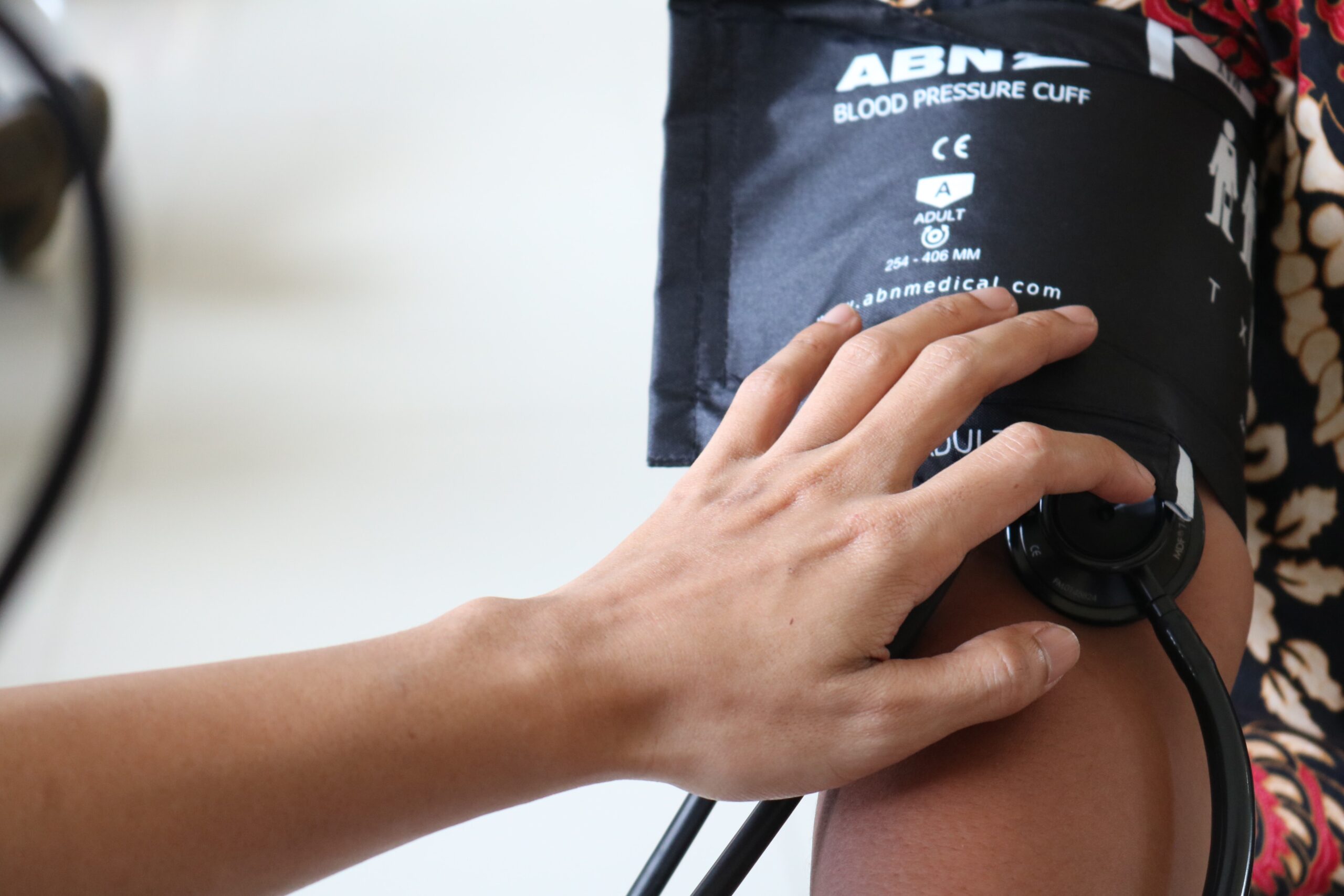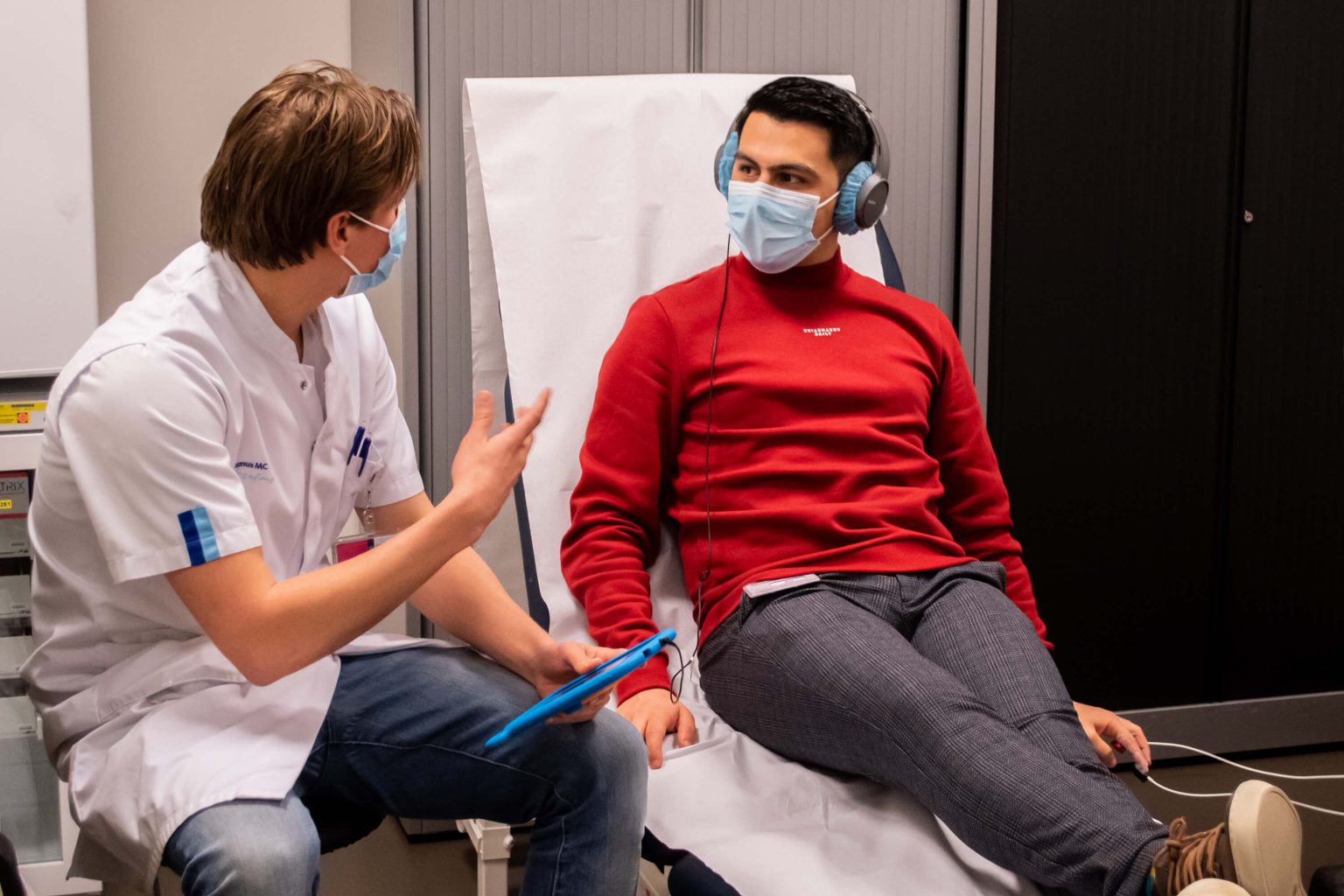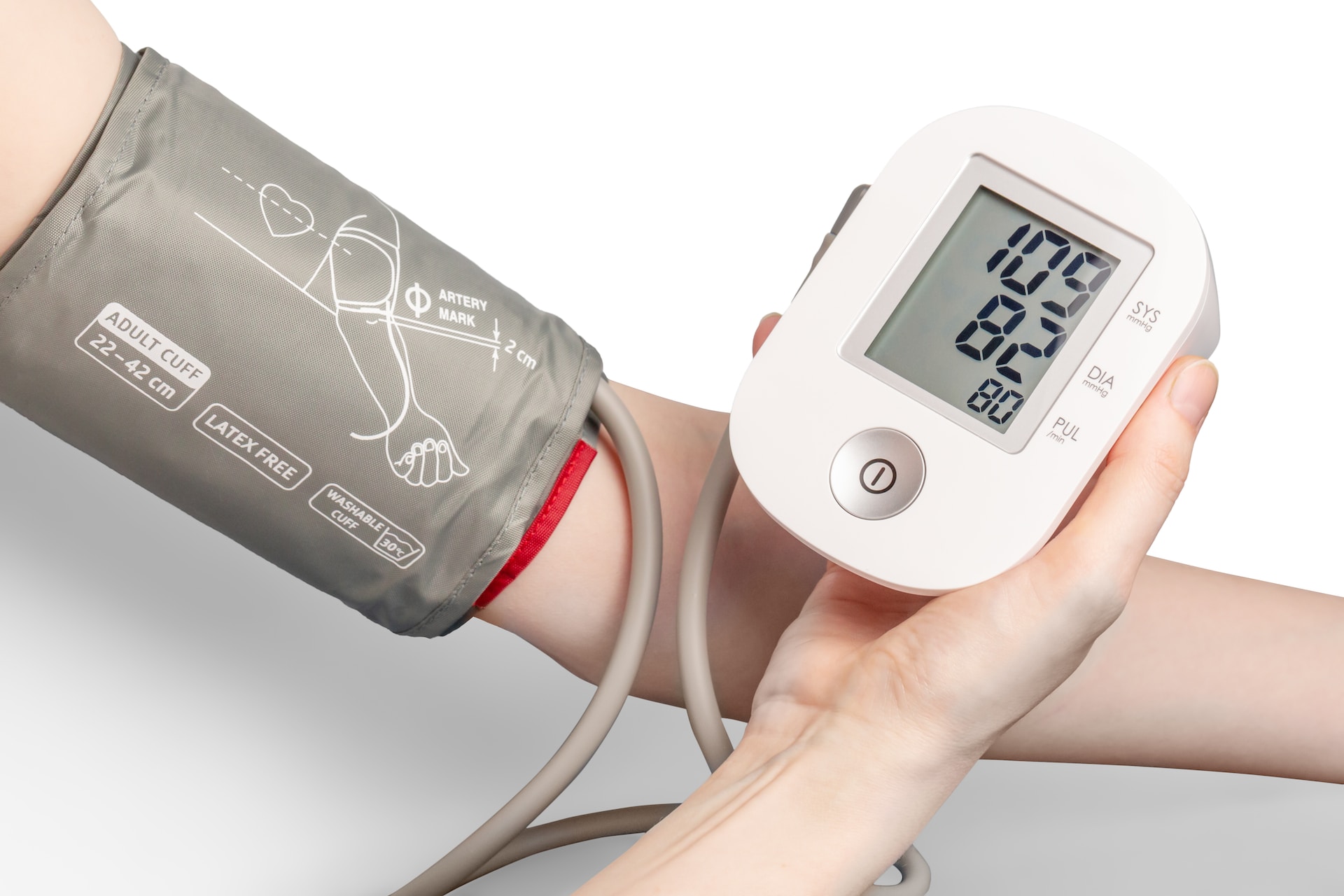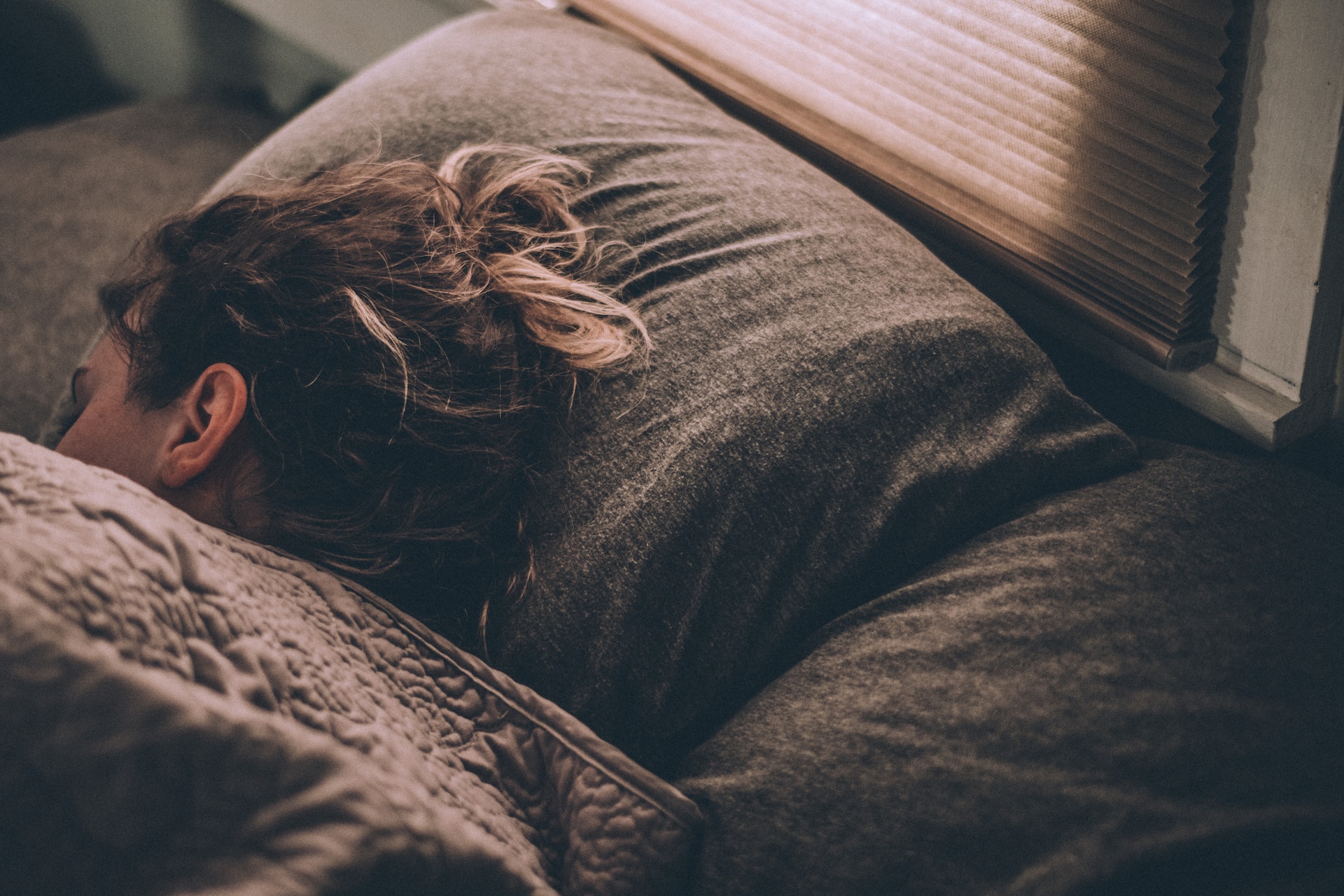It can be blissful when it goes well, incredibly frustrating when it doesn’t, and we spend approximately one-third of our lives doing it: sleeping.
Sleep is crucial for our health, and it’s not the same as just ‘switching off.’ Sleep involves a series of different processes that contribute to growth, recovery, social ability, and memory. During sleep, the body is quite active, albeit at a slower pace and without consciousness. Sleep provides:
- Cell restoration
- Elimination of waste
- Strengthening of the immune system and hormone regulation
- Processing of stimuli
- Memory consolidation
- Motor learning
- Emotional regulation
- Recognition of facial expressions and enhancement of empathy
- Improvement of creativity and problem-solving skills
Sleep deprivation and sleep problems prevent these processes from occurring adequately, potentially leading to various health issues.
How Sleep Works
One of the challenging aspects of sleep is that we can’t consciously initiate it; we can’t consciously control falling asleep whenever we want. While some people may find it easier to fall asleep than others, it’s not because they have an off switch that induces sleep.
Sleep is governed by physiological processes. Several processes contribute to building sufficient sleep pressure, while others prepare the body for sleep. Together, these processes eventually lead us to sleep. These four processes in the body include:
- Biological Clock: The sleep-wake cycle is controlled by the biological clock, physically located in the brain (specifically in the hypothalamus). This person-specific rhythm is known as the circadian rhythm, aligning with approximately 24 hours. Based on the time of day, daylight, movement, temperature, and other factors, the biological clock triggers the production of crucial hormones.
- Cortisol is one such hormone. Often seen as the stress hormone, cortisol influences many processes beyond the stress response. It helps us wake up in the morning and start the day.
- Adenosine, the hormone opposite to cortisol, builds sleep pressure. All activities undertaken while awake contribute to adenosine production. Even doing nothing gradually increases adenosine levels in the blood. Movement and sufficient daylight accelerate the production of this hormone. Once there’s enough adenosine and little cortisol in the blood, we can fall asleep.
Not only does sufficient sleep pressure induce sleep, but the body also needs to be prepared to fall asleep. Melatonin is the hormone that regulates this, putting the body into a rest mode by lowering body temperature and reducing brain activity, essential for falling asleep.
Sleep Problems Due to Chronic Stress or Overload
Sleep problems are prevalent in individuals experiencing excessive stress, a commonly mentioned complaint in cases of burnout, chronic fatigue, and oversaturation. It’s also common in conditions such as Post-Covid Syndrome.
In some cases, poor sleep can be both the cause and consequence of fatigue and burnout. It may result from continuous alertness or excessive stress. Issues such as difficulty falling asleep, poor sleep quality, or early awakening are common problems.
For significant sleep problems, it’s essential to discuss them with your primary care physician. There could be an underlying medical cause. Sleep apnea, for instance, can lead to poorer sleep quality and frequent awakenings.
Once medical causes are ruled out, it often appears that excessive stress or an imbalance in the nervous system causes sleep problems. This leads to prolonged cortisol production and increased alertness. Additionally, specific brain regions function less effectively during chronic stress, with the hippocampus being one such area, coincidentally playing a crucial role in sleep.
5 Tips for Better Sleep
When sleep problems are not caused by a medical issue, it’s possible to improve sleep by making adjustments to your daily routine. If stress plays a role in causing sleep deficiency, reducing stress is a good way to improve sleep. However, this isn’t always easy. Sometimes stressors are permanent (caregiving, financial concerns), or stress has accumulated over time to the point where your nervous system has adapted to the new situation.
Therefore, we discuss here five tips to improve sleep:
- Don’t Worry About Sleep: By learning more about sleep and understanding that you can’t consciously control it, you realize that worrying about poor sleep reinforces sleep problems, keeping your brain too active. It also adds stress. Sleep education can be incredibly helpful.
- Stick to a Sleep Schedule: Due to your personal biological clock, it’s crucial to determine the best time for you to go to sleep. However, societal factors often work against this. Late-night entertainment and sports, varying work shifts, early-rising children, and your partner’s biological clock all play a role.
- Practice Relaxation Techniques: It’s advisable to primarily engage in relaxing activities 1 to 2 hours before bedtime. Additionally, performing relaxation exercises several times a day can help reduce stress levels. Doing this before bedtime reduces brain activity, aiding better sleep.
- Get Adequate Exercise: Adequate daytime exercise naturally builds sleep pressure. However, avoid exercising too late in the evening, as it can make your body more active and often stay active for a long time (especially during stress). This can delay falling asleep.
- Transform your bedroom into a haven for rest. If you frequently work, watch TV, or scroll through your phone in the bedroom, your brain associates it not just with sleep but also with mental activity and entertainment. Limit screens in your bedroom so that your body associates the space with sleep.






